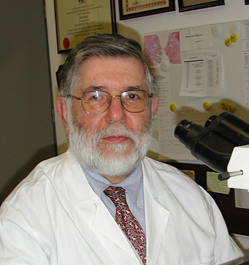- Joined
- Dec 16, 2010
- Messages
- 2,172
- Reaction score
- 1,068
What are people's opinions about Know Error?
http://knowerror.com/
Is it useful or another waste of money?
I have worked at some crappy labs that mixed up specimens from time to time. Sweatshops, so there was constant staff turnover and the labs had been "Six-sigma'd" to death so people were overworked. I can only imagine things are going to get worse thanks to reimbursement cuts.
Sounds like the reps on cafepharma lean toward waste.
http://www.cafepharma.com/boards/showthread.php?t=493649
http://knowerror.com/
Is it useful or another waste of money?
I have worked at some crappy labs that mixed up specimens from time to time. Sweatshops, so there was constant staff turnover and the labs had been "Six-sigma'd" to death so people were overworked. I can only imagine things are going to get worse thanks to reimbursement cuts.
Sounds like the reps on cafepharma lean toward waste.
http://www.cafepharma.com/boards/showthread.php?t=493649

